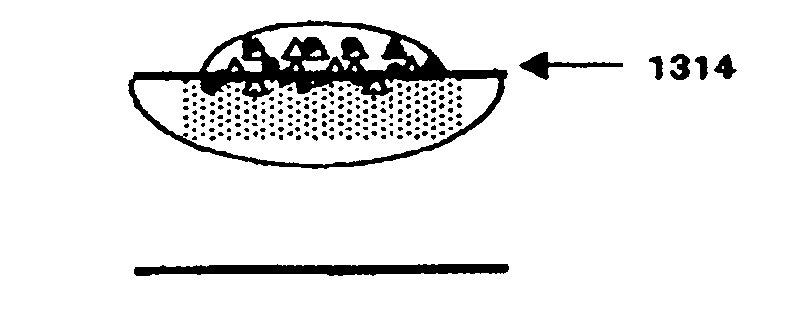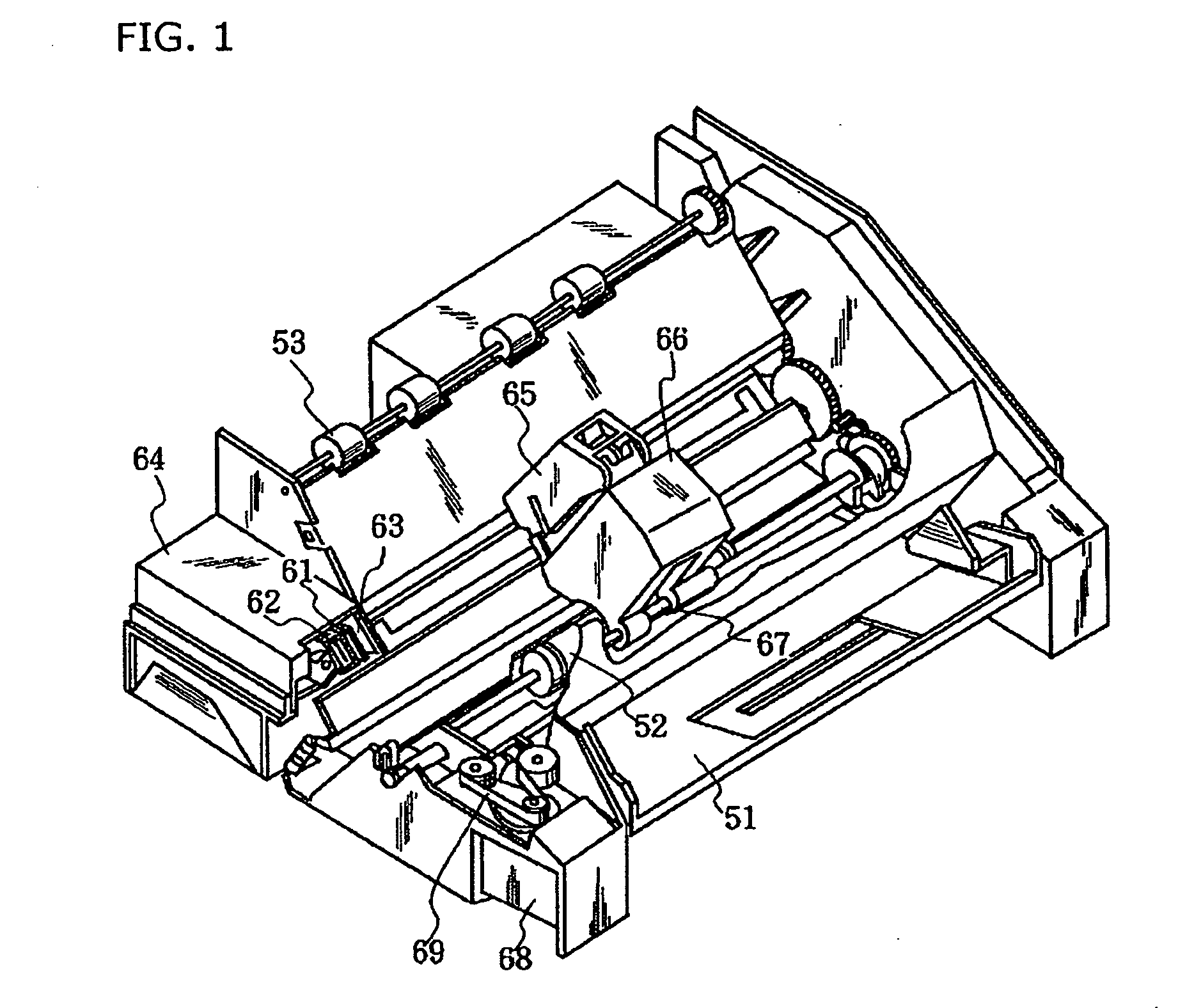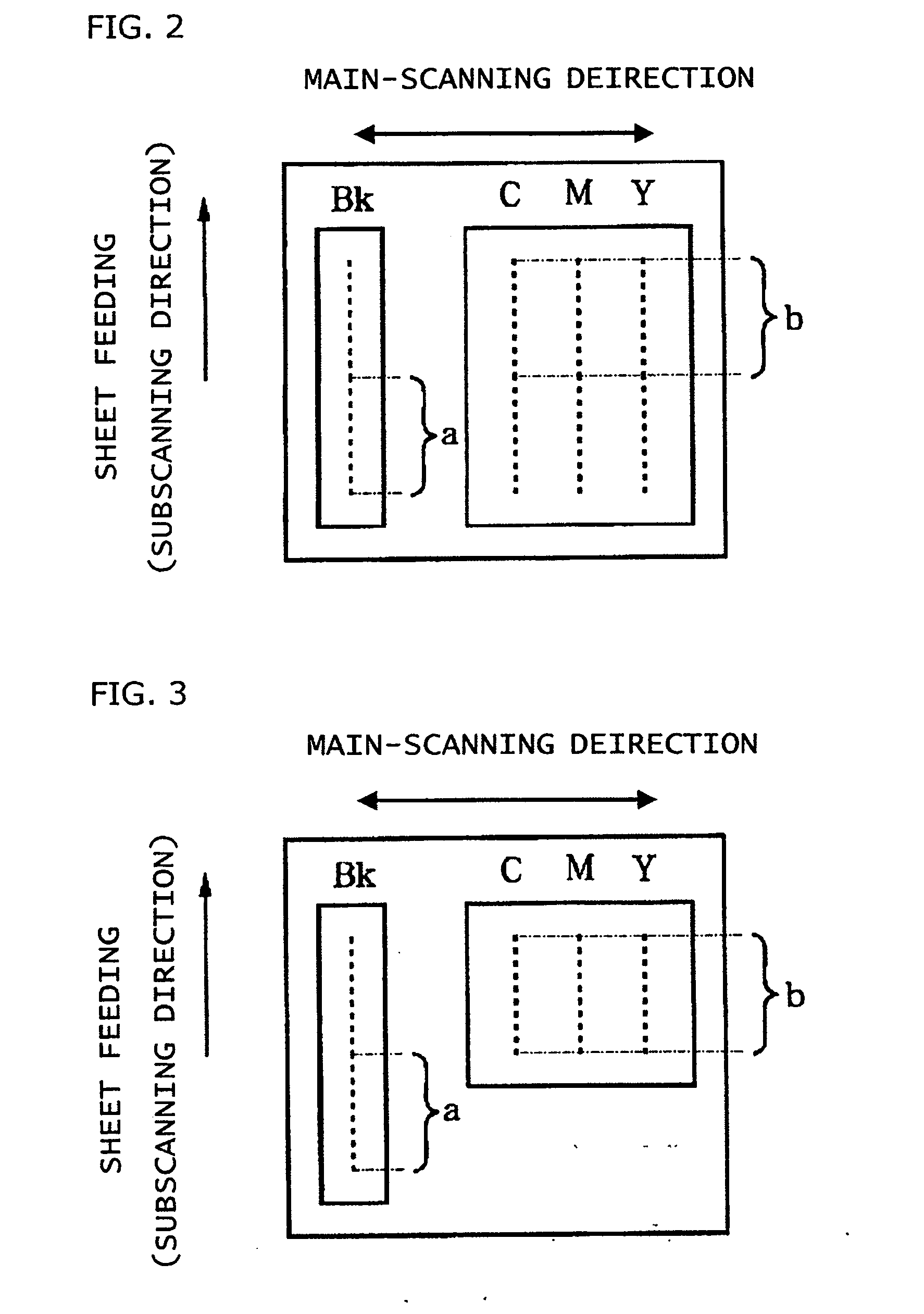Cyan ink and ink set
a technology of ink and cyan, applied in the field of cyan ink, can solve the problems of increased amount of ink to be applied, insufficient image density, excessive coloring material on the surface, etc., and achieves the effects of large area factor, improved secondary color, and scratch resistan
- Summary
- Abstract
- Description
- Claims
- Application Information
AI Technical Summary
Benefits of technology
Problems solved by technology
Method used
Image
Examples
examples
[0185] Hereinafter, the present invention will be described more specifically by way of examples, comparative examples, and reference examples. The present invention is not limited to the following examples without departing from the gist of the present invention. The terms “part” and “%” in the following description are on a mass basis unless otherwise stated.
[0186] (Preparation of Black Pigment Dispersion Solution)
[0187] 10 parts of carbon black having a specific surface area of 210 m2 / g and a DBP oil absorption of 74 ml / 100 g, 20 parts of an aqueous solution prepared by neutralizing a styrene-acrylic acid copolymer having an acid value of 200 and a weight average molecular weight of 10,000 with a 10-mass % aqueous solution of sodium hydroxide, and 70 parts of ion-exchanged water were mixed, and the mixture was dispersed for 3 hours by means of a batch-type vertical sand mill. The resultant dispersion solution was centrifuged to remove coarse particles. After that, the remainder...
examples 1 to 4
[0211] The respective components shown in each of Tables 2 to 5 below were mixed and sufficiently stirred. After that, the resultant was filtered through a microfilter having a pore size of 3.0 μm (manufactured by Fuji Photo Film Co., Ltd.) under pressure to prepare each aqueous ink and an ink set of each of Examples 1 to 4. The B / A value in each table is obtained by dividing the total content (mass %) of the poor medium in each aqueous ink, which is denoted by B, by the total content (mass %) of the good medium in the ink, which is denoted by A. In preparing the aqueous ink of each example, the B / A value was adjusted to be 0.5 or more and 3.0 or less, and the cyan ink was adjusted to have the maximum B / A value out of the aqueous inks in each ink set.
TABLE 2Example 1BlackCyanMagentaYellowInkInkInkInkBlack pigment50.0dispersionsolutionCyan pigment50.0dispersionsolutionMagenta pigment50.0dispersionsolutionYellow pigment50.0dispersionsolutionGlycerin10.013.010.010.0Polyethylene10.07....
reference examples 1 and 2
[0215] The respective components shown in each of Tables 6 and 7 below were mixed and sufficiently stirred. After that, the resultant was filtered through a microfilter having a pore size of 3.0 μm (manufactured by Fuji Photo Film Co., Ltd.) under pressure to prepare each aqueous ink and an ink set of each of Reference Examples 1 and 2. The B / A value in each table is obtained by dividing the total content (mass %) of the poor medium in each aqueous ink, which is denoted by B, by the total content (mass %) of the good medium in the ink, which is denoted by A. In preparing the aqueous ink of each example, the B / A value was adjusted to be 0.5 or more and 3.0 or less.
TABLE 6Reference Example 1BlackCyanMagentaYellowInkInkInkInkBlack pigment50.0dispersionsolutionCyan pigment50.0dispersionsolutionMagenta pigment50.0dispersionsolutionYellow pigment50.0dispersionsolutionGlycerin10.010.08.010.0Polyethylene10.010.010.09.0glycol 600Acetylenol E-1000.10.10.10.1(*)Pure waterBalanceBalanceBalanc...
PUM
| Property | Measurement | Unit |
|---|---|---|
| temperature | aaaaa | aaaaa |
| humidity | aaaaa | aaaaa |
| temperature | aaaaa | aaaaa |
Abstract
Description
Claims
Application Information
 Login to View More
Login to View More - R&D
- Intellectual Property
- Life Sciences
- Materials
- Tech Scout
- Unparalleled Data Quality
- Higher Quality Content
- 60% Fewer Hallucinations
Browse by: Latest US Patents, China's latest patents, Technical Efficacy Thesaurus, Application Domain, Technology Topic, Popular Technical Reports.
© 2025 PatSnap. All rights reserved.Legal|Privacy policy|Modern Slavery Act Transparency Statement|Sitemap|About US| Contact US: help@patsnap.com



